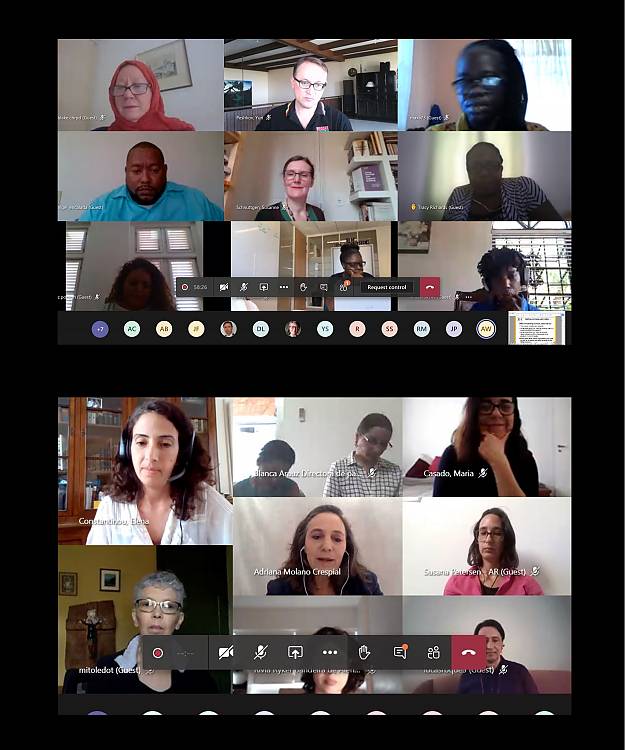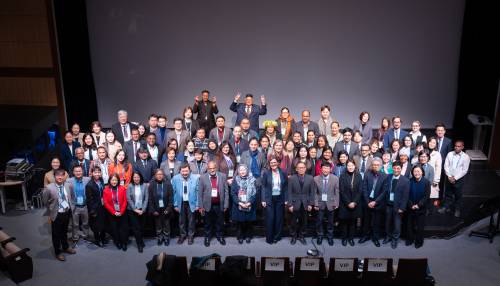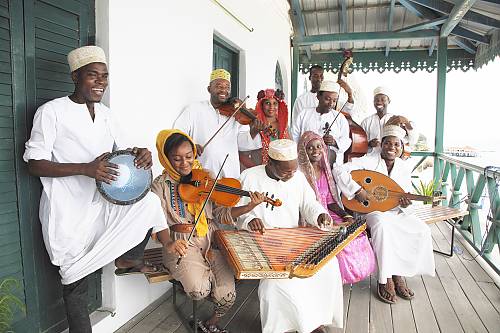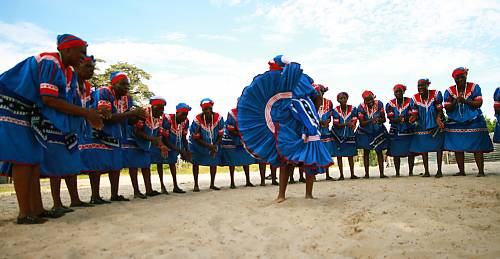National focal points for periodic reporting from 32 countries and associated member States of UNESCO across Latin America and the Caribbean took part last Tuesday in the launch of the new online training course for the reformed periodic reporting process, which is being rolled out in the Latin America and Caribbean region for the first time this year.
Tim Curtis, Secretary of the Convention, welcomed the national focal points to the training in a video, where he underscored the importance of the periodic reporting process for the implementation of the Convention and the crucial role of focal points in supporting this exercise at the national level.
“The real impact of the Convention is the ability of its principles to be translated into national policies and into community practices. Therefore, the work that you are doing at the national level, to safeguard living heritage, is at the core of the ‘raison d’être’ of this Convention.”
He was joined by the three trainers, and members of UNESCO’s global facilitators network and the Director of the Regional Centre for the Safeguarding of Intangible Cultural Heritage in Latin America (CRESPIAL) who will be delivering the online course in English and Spanish. They reiterated why the shift to a results-based monitoring system also presents an opportunity for States Parties to reflect on the situation of safeguarding living heritage in their countries.
“For me, periodic reporting is not just a matter of accountability, of presenting what was achieved in terms of safeguarding policies. It is, above all, an opportunity for States Parties to establish valuable tools for their own assessment,” said Lucas Roque, global facilitator for the 2003 Convention.
UNESCO developed the course in collaboration with CRESPIAL with the aim to build capacities for the preparation of the country reports and to strengthen the national monitoring processes of the 2003 Convention. It will also provide an occasion for peer learning, networking and strategic discussion among participating focal points and UNESCO colleagues.
“This will be my maiden voyage, my first experience working with the Convention and ICH. I’m so much looking forward to it, learning and getting all we can get from the Convention,” said Naomi Taylor-Crawford, national focal point from the Bahamas during the introductory session.
The course, which has been adapted to an online format in response to the COVID-19 crisis, presents a new modality for delivering training under the global capacity-building strategy, and will take place over a period of six weeks from 19 May to 23 June.
More information on the global capacity-building programme




